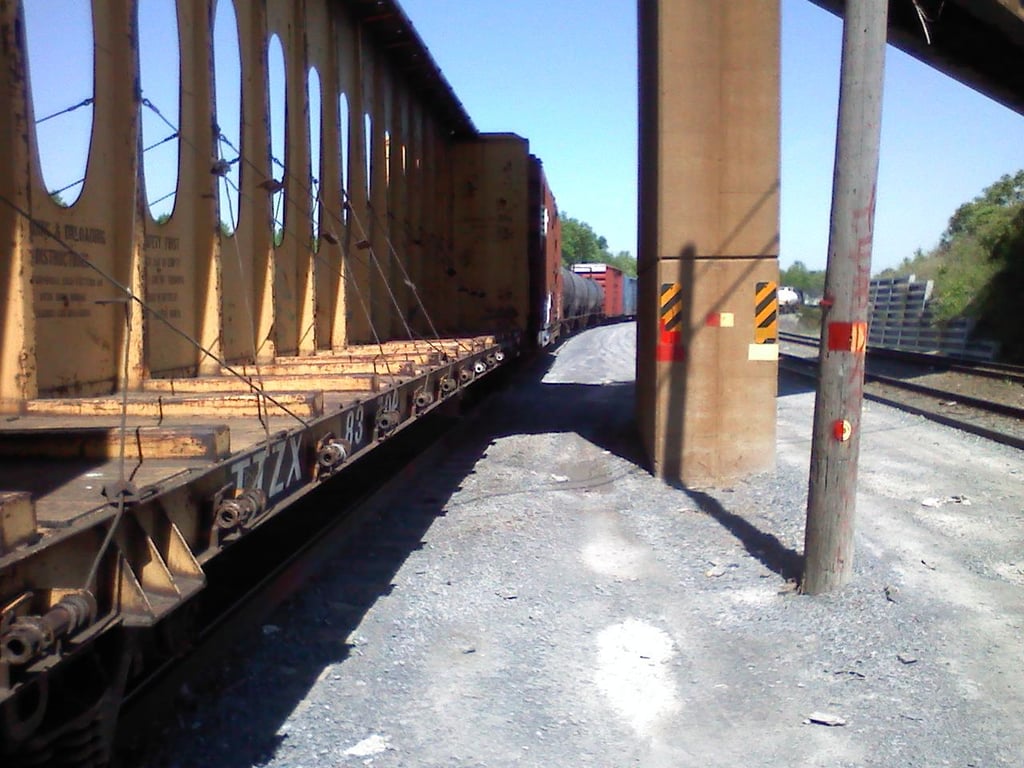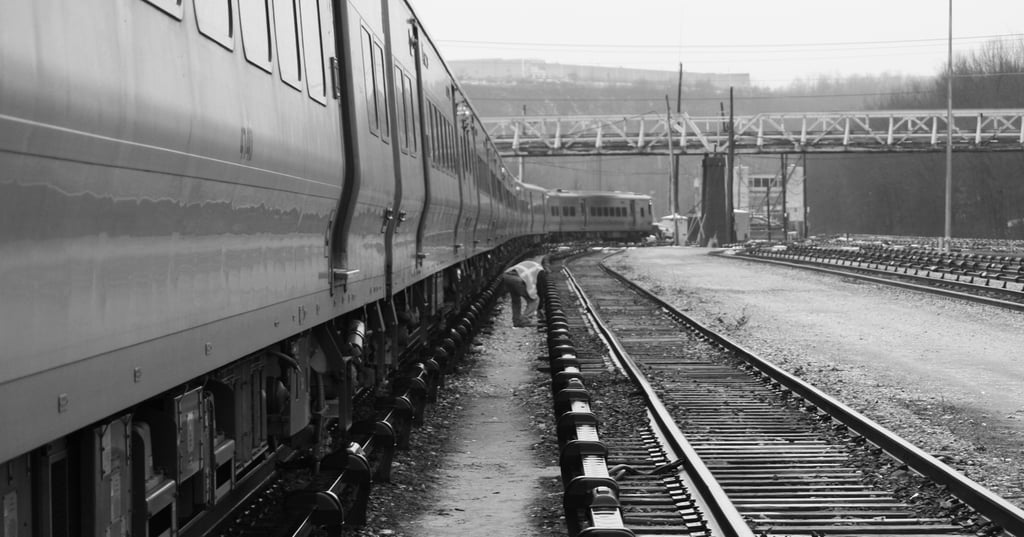 If you get hurt in a train yard in Kentucky can a lawyer in New York represent you? He sure can. And in fact, the best lawyer for a rail worker’s injury is likely out-of-state.
If you get hurt in a train yard in Kentucky can a lawyer in New York represent you? He sure can. And in fact, the best lawyer for a rail worker’s injury is likely out-of-state.
Geography matters for many things, but not when it comes to who your railroad lawyer is. In fact, by choosing locally, you could actually end up compromising on how much you recover for your claim. That's because your on-the-job injury isn’t covered by state worker's compensation. Instead you’re governed by a specialized federal law that has unique rules both in terms of what you can recover and how you can recover it. More importantly, without the right experience, you will end up at the courtroom door step with someone who is not prepared to take the case to verdict.
I hear it a lot from the workers I meet:
Your office is in New York, but I got hurt in Philadelphia/Kentucky/Colorado/Ohio so you can't handle my case.
or
You aren't admitted in the state where I live, so how can you handle my railroad case.
But, in fact, both are misconceptions.
As I write this blog, I have cases pending in 10 different states, from up north in Maine to down south in Texas and out west to California. It is not that I am directly admitted in every one of those states, but where I am not, procedural rules permit me to get admitted for a single particular case. Right now I’m representing a Norfolk Southern signalman in South Carolina for neck, back and shoulder injuries he suffered when a tree fell on his car, and a CSX car repairmen who hurt his shoulder and neck on the job in West Virginia. In both those cases I travel to meet with the clients and the court admits me.
The same is true of your railroad retaliation claim (that’s where, for example, you reported a safety violation and got a note dropped in your file or a new and very undesirable assignment. We call these whistleblower claims. Click here to see if what you experienced makes you a whistleblower). In whistleblower cases where I am not already admitted in the court where the case gets filed, I can be admitted. The difference there, is that those claims can only be brought in federal court, which brings up the most important point to remember when hiring a railroad lawyer for your whistleblower case. This is not a personal injury case and it’s not a typical workplace whistleblower case, it’s a unique situation where you need an attorney who has both railroad whistleblower experience and federal court experience.
Look for an attorney who has deep experience and multiple verdicts in railroad injury and whistleblower cases because if he or she hasn’t been through federal court (and brought cases successfully to verdict) you risk losing big. Read on for a cautionary tale about thedanger of hiring a local personal injury lawyer for a railroad injury.
Several years ago a locomotive engineer came to me just as his case was about to go to trial. This worker had suffered debilitating tinnitus from the job and hired a local (and well respected) general personal injury attorney. Tinnitus doesn’t seem like a serious injury, but his was so bad that it affected his sleep and he was medically disqualified by the company because he was a danger to himself and others.
His lawyer had a good record for verdicts, but not in the railroad industry and he hadn’t done federal work so he didn’t know the intricacies of the FELA and how it applies to rail workers. According to the law, your injury can be even 99 percent your fault and the carrier can still be required to pay for all of the verdict, but only if you also prove a violation of a railroad safety regulation. Because this attorney didn’t know the the ins and outs of the FELA, he didn’t know to allege the safety regulation violation during the handling of the case.
The saddest part is that this worker came to see me for the first time on the eve of trial. I was stuck explaining to him that the law was on his side, but at that point it was too late to add it to his case.
The court reduced his $650,000 verdict to $225,000. That’s a big deal for a career ending injury.
I think we can all agree that the last thing this country needs is more lawyers, but it could use some more who practice railroad law. Out of 1.3 million attorneys in the US only about 100 specialize in representing those who work on or around trains. That’s less than .08 percent.
When you think of it that way, you realize just what a specialty this kind of law is. It's also why for your own claim you would never want to hire an attorney who says he's settled two or three railroad cases in his career. I talk more about that in 5 Types of Railroad Lawyers to Watch Out For (It’s my most read blog of all time.) So much more important than a physical address, is the actual experience of the attorney you hired.
You have one shot at your claim, don't let the outcome depend on geography.
Download our case study to learn more about how FELA attorneys help workers recover from their carriers.









